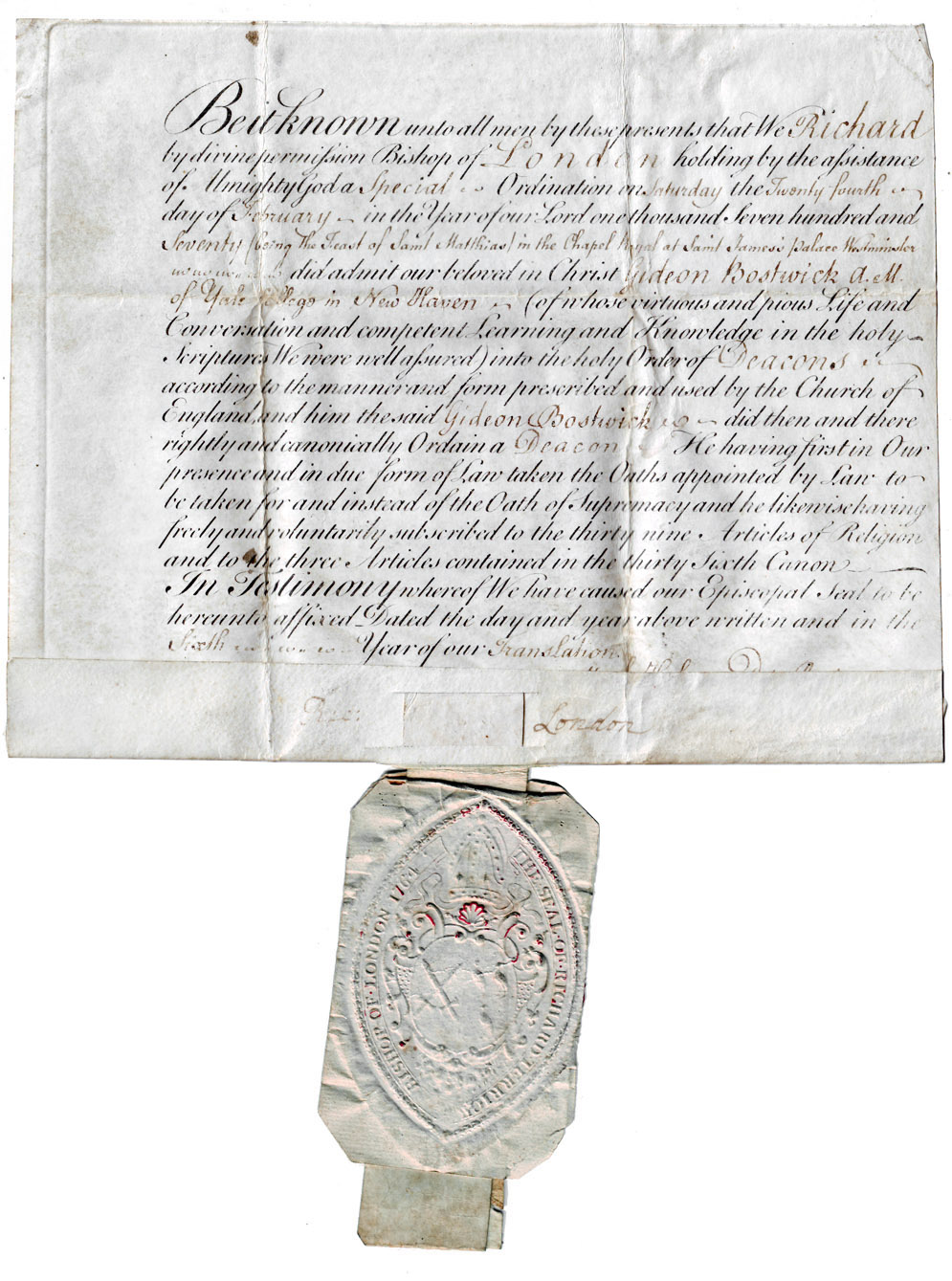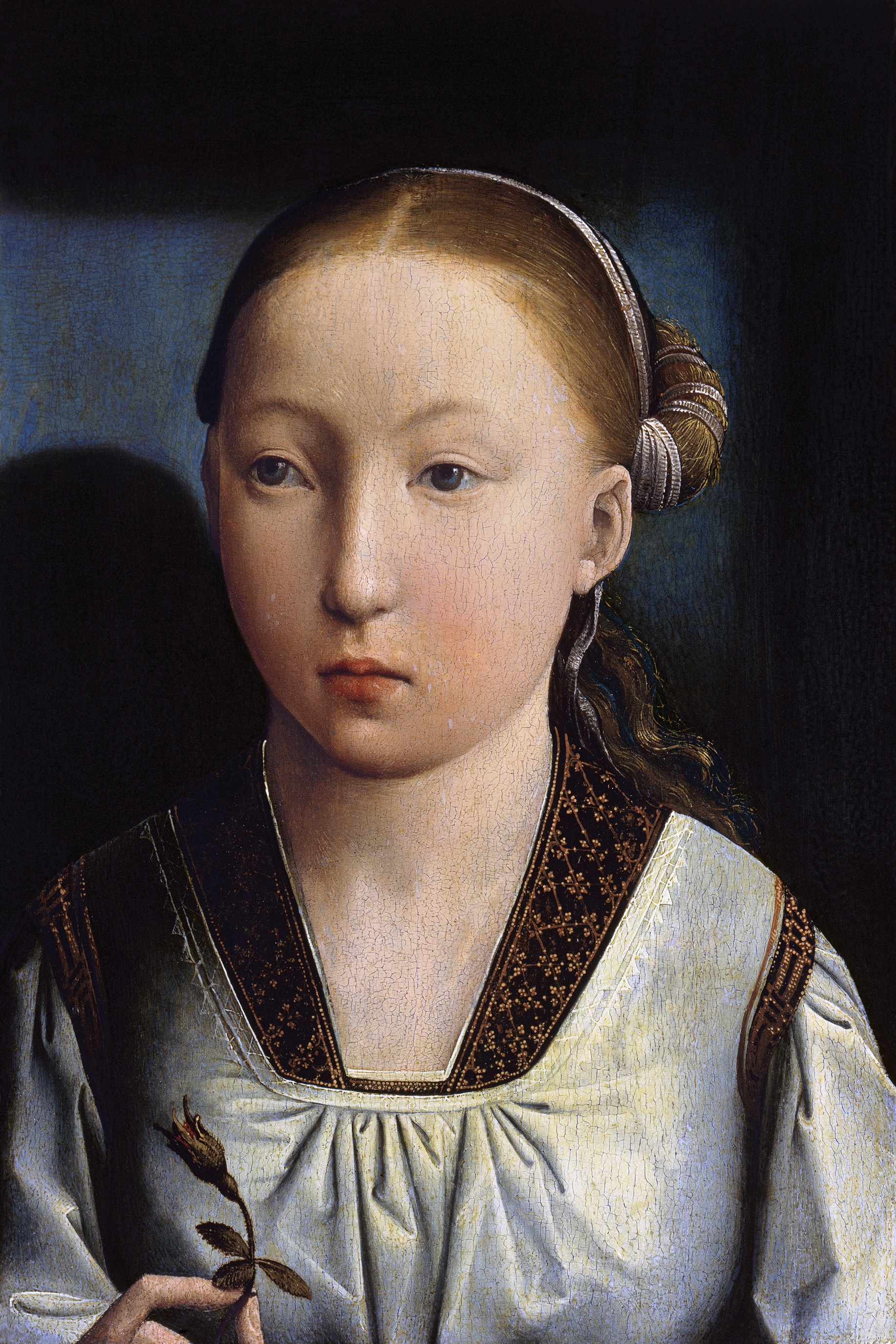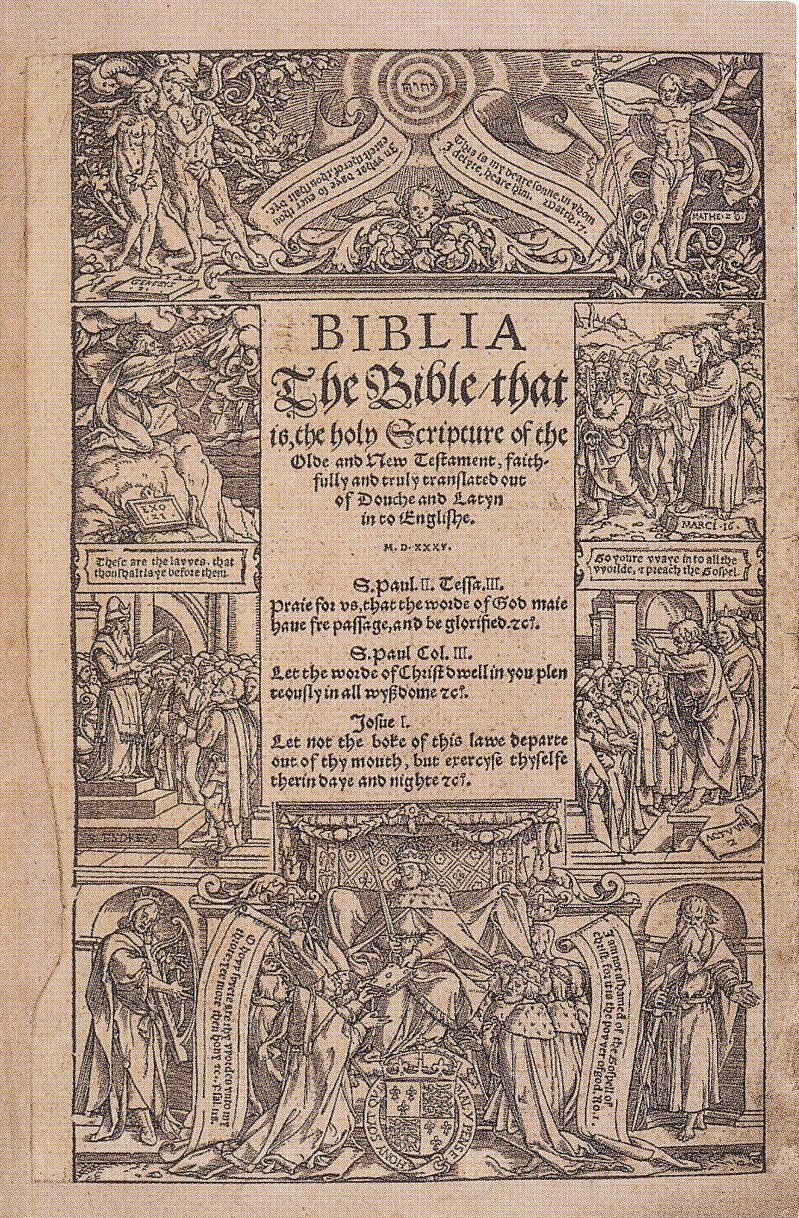|
John Stokesley
John Stokesley (8 September 1475 – 8 September 1539) was an English clergyman who was Bishop of London during the reign of Henry VIII. Life Stokesley was born at Collyweston in Northamptonshire, and became a fellow of Magdalen College, Oxford, in 1495, serving also as a lecturer. He graduated MA in 1500, and was successively ordained a deacon in 1504, a priest in 1505, and then proceeded DTh in 1516. In 1498 he was made principal of Magdalen Hall, and in 1505 vice-president of Magdalen College. Soon after 1509 he was appointed a member of the royal council, and chaplain and almoner to Henry VIII; he attended Henry as his chaplain at the Field of the Cloth of Gold in 1520. He succeeded his relative Richard Stokesley as rector of North Luffenham, Rutland, in 1527. In 1529 and 1530 he went to France and Italy as ambassador to Francis I and to gain opinions from foreign universities in favour of the king's divorce from Catherine of Aragon. He became Bishop of London and Lord ... [...More Info...] [...Related Items...] OR: [Wikipedia] [Google] [Baidu] |
Bishop Of London
The bishop of London is the Ordinary (church officer), ordinary of the Church of England's Diocese of London in the Province of Canterbury. By custom the Bishop is also Dean of the Chapel Royal since 1723. The diocese covers of 17 boroughs of Greater London north of the Thames, River Thames (historically the City of London and the County of Middlesex) and a small part of the County of Surrey (the district of Borough of Spelthorne, Spelthorne, historically part of Middlesex). The Episcopal see, see is in the City of London, where the seat is St Paul's Cathedral, which was founded as a cathedral in 604 and was rebuilt from 1675 following the Great Fire of London (1666). Third in seniority in the Church of England after the archbishops of Archbishop of Canterbury, Canterbury and Archbishop of York, York, the bishop is one of five senior bishops who sit as of right as one of the 26 Lords Spiritual in the House of Lords (for the remaining diocesan bishops of lesser rank, seats are ... [...More Info...] [...Related Items...] OR: [Wikipedia] [Google] [Baidu] |
Catherine Of Aragon
Catherine of Aragon (also spelt as Katherine, historical Spanish: , now: ; 16 December 1485 – 7 January 1536) was List of English royal consorts, Queen of England as the Wives of Henry VIII, first wife of King Henry VIII from their marriage on 11 June 1509 until its annulment on 23 May 1533. She was Princess of Wales while married to Henry's elder brother, Arthur, Prince of Wales, for a short period before his death. Catherine was born at the Archbishop's Palace of Alcalá de Henares, and was the youngest child of Isabella I of Castile and Ferdinand II of Aragon. She was three years old when she was betrothed to Arthur, the eldest son of Henry VII of England. They married in 1501, but Arthur died five months later. Catherine spent years in limbo, and during this time, she held the position of ambassador of the Aragonese crown to Kingdom of England, England in 1507, the first known female ambassador in European history. She married Henry VIII shortly after his accession i ... [...More Info...] [...Related Items...] OR: [Wikipedia] [Google] [Baidu] |
Bishop Of Durham
The bishop of Durham is head of the diocese of Durham in the province of York. The diocese is one of the oldest in England and its bishop is a member of the House of Lords. Paul Butler (bishop), Paul Butler was the most recent bishop of Durham until his retirement in February 2024. The bishop is officially styled ''The Right Reverend (First Name), by Divine Providence Lord Bishop of Durham'', but this full title is rarely used. In signatures, the bishop's family name is replaced by ''Dunelm'', from the Latin name for Durham (the Latinised form of Old English ''Dunholm''). In the past, bishops of Durham varied their signatures between ''Dunelm'' and the French language, French ''Duresm''. Prior to 1836 the bishop had significant State (polity), temporal powers over the liberty of Durham and later the County Palatine of Durham, county palatine of Durham. The bishop, with the bishop of Bath and Wells, escorts the sovereign at the Coronation of the British monarch, coronation. Durh ... [...More Info...] [...Related Items...] OR: [Wikipedia] [Google] [Baidu] |
Old St Paul's Cathedral
Old St Paul's Cathedral was the cathedral of the City of London that, until the Great Fire of London, Great Fire of 1666, stood on the site of the present St Paul's Cathedral. Built from 1087 to 1314 and dedicated to Paul of Tarsus, Saint Paul, this building was perhaps the fourth such church at this site on Ludgate Hill, going back to the 7th century. Work on the cathedral began after a Early fires of London#Norman, fire in 1087, which destroyed the previous church. Work took more than 200 years, and over that time the architecture of the church changed from Norman Romanesque to early English Gothic. The church was Consecration, consecrated in 1240, enlarged in 1256 and again in the early 14th century. At its completion in the mid-14th century, the cathedral was one of the List of longest church buildings in the world, longest churches in the world, had List of tallest churches in the world, one of the tallest spires and some of the finest stained glass. The continuing pre ... [...More Info...] [...Related Items...] OR: [Wikipedia] [Google] [Baidu] |
Thomas Cromwell
Thomas Cromwell (; – 28 July 1540) was an English statesman and lawyer who served as List of English chief ministers, chief minister to King Henry VIII from 1534 to 1540, when he was beheaded on orders of the king, who later blamed false charges for the execution. Cromwell was one of the most powerful proponents of the English Reformation. As the king's chief secretary, he instituted new administrative procedures that transformed the workings of government. He helped to engineer an annulment of the King's marriage to Catherine of Aragon so that Henry could lawfully marry Anne Boleyn. Henry failed to obtain the approval of Pope Clement VII for the annulment in 1533, so Parliament endorsed the king's claim to be Supreme Head of the Church of England, giving him the authority to annul his own marriage. Cromwell subsequently charted an Lutheranism, evangelical and reformist course for the Church of England from the unique posts of Vicegerent in Spirituals and Vicar-general (the t ... [...More Info...] [...Related Items...] OR: [Wikipedia] [Google] [Baidu] |
Syon Abbey
Syon Abbey , also called simply Syon, was a dual monastery of men and women of the Bridgettines, Bridgettine Order, although it only ever had abbesses during its existence. It was founded in 1415 and stood, until its demolition in the 16th century, on the left (northern) bank of the River Thames within the parish of Isleworth, in the county of Middlesex, on or near the site of the present Georgian mansion of Syon House, today in the London Borough of Hounslow. It was named after the biblical holy "City of David which is Zion" (1 Kings 8:1), built on the eponymous Mount Zion (or Sion, Syon, etc.). At the time of the Dissolution of the Monasteries, dissolution, the abbey was the wealthiest religious house in England. Syon Abbey maintained a substantial library, with a collection for the monks and another for the nuns. When Catherine of Siena's ''Dialogue of Divine Revelation'' was translated into English for the abbey, it was given a new title, ''The Orchard of Syon'', and includ ... [...More Info...] [...Related Items...] OR: [Wikipedia] [Google] [Baidu] |
Praemunire
In English history, or ( or ) was the assertion or maintenance of papal jurisdiction, or any other foreign jurisdiction or claim of supremacy in England, against the supremacy of the monarch. The 14th-century law prohibiting this was enforced by the ''writ of '', a writ of summons from which the law takes its name. may denote the statute, the writ, or the offence. In classical Latin, it means 'to fortify' and also 'to safeguard' or 'to uphold' () 'in advance' or 'in preference' (). From antiquity, munire was also connected, by mistaken etymology, with munera, "duties", "civic obligations". In medieval Latin, was confused with and used for , to forewarn, as the writ commanded that the sheriff do () warn () the summoned person to appear before the Court. Another way of understanding the term, more revealing of its sense, and based on its proper meaning, is "to supply support for () something instead of, sooner than or before () its proper object", as someone, for instance, ... [...More Info...] [...Related Items...] OR: [Wikipedia] [Google] [Baidu] |
John Foxe
John Foxe (1516/1517 – 18 April 1587) was an English clergyman, theologian, and historian, notable for his martyrology '' Foxe's Book of Martyrs'', telling of Christian martyrs throughout Western history, but particularly the sufferings of English Protestants and proto-Protestants from the 14th century and in the reign of Mary I. The book was widely owned and read by English Puritans and helped to mould British opinion on the Catholic Church for several centuries. Education Foxe was born in Boston, in Lincolnshire, England, of a middlingly prominent family and seems to have been an unusually studious and devout child. In about 1534, when he was about 16, he entered Brasenose College, Oxford, where he was the pupil of John Hawarden (or Harding), a fellow of the college. In 1535 Foxe was admitted to Magdalen College School, where he may either have been improving his Latin or acting as a junior instructor. He became a probationer fellow in July 1538 and a full fellow the foll ... [...More Info...] [...Related Items...] OR: [Wikipedia] [Google] [Baidu] |
Heretics
Heresy is any belief or theory that is strongly at variance with established beliefs or customs, particularly the accepted beliefs or religious law of a religious organization. A heretic is a proponent of heresy. Heresy in Christianity, Judaism, and Islam has at times been met with censure ranging from excommunication to the death penalty. Heresy is distinct from apostasy, which is the explicit renunciation of one's religion, principles or cause; and from blasphemy, which is an impious utterance or action concerning God or sacred things. Heresiology is the study of heresy. Etymology Derived from Ancient Greek ''haíresis'' (), the English ''heresy'' originally meant "choice" or "thing chosen". However, it came to mean the "party, or school, of a man's choice", and also referred to that process whereby a young person would examine various philosophies to determine how to live. The word ''heresy'' is usually used within a Christian, Jewish, or Islamic context, and implies sl ... [...More Info...] [...Related Items...] OR: [Wikipedia] [Google] [Baidu] |
Lutheranism
Lutheranism is a major branch of Protestantism that emerged under the work of Martin Luther, the 16th-century German friar and Protestant Reformers, reformer whose efforts to reform the theology and practices of the Catholic Church launched the Reformation in 1517. The Lutheran Churches adhere to the Bible and the Ecumenical Creeds, with Lutheran doctrine being explicated in the Book of Concord. Lutherans hold themselves to be in continuity with the apostolic church and affirm the writings of the Church Fathers and the first four ecumenical councils. The schism between Roman Catholicism and Lutheranism, which was formalized in the Diet of Worms, Edict of Worms of 1521, centered around two points: the proper source of s:Augsburg Confession#Article XXVIII: Of Ecclesiastical Power., authority in the church, often called the formal principle of the Reformation, and the doctrine of s:Augsburg Confession#Article IV: Of Justification., justification, the material principle of Luther ... [...More Info...] [...Related Items...] OR: [Wikipedia] [Google] [Baidu] |
Early Modern English Bible Translations
Early Modern English Bible translations are those translations of the Bible which were made between about 1500 and 1800, the period of Early Modern English. This was the first major period of Bible translation into the English language including the King James Version and Douai Bibles. The Reformation and Counter-Reformation led to the need for Bibles in the vernacular with competing groups each producing their own versions. Although Wycliffe's Bible had preceded the Protestant Reformation, England was actually one of the last countries in Europe to have a printed vernacular Bible. There were several reasons for this. One was that Henry VIII wanted to avoid the propagation of heresies—a concern subsequently justified by the marginal notes printed in Tyndale's New Testament and the Geneva Bible, for example. Another was the Roman Catholic doctrine of Magisterium which describes the Church as the final authority in the interpretation of the Scriptures; in the volatile years ... [...More Info...] [...Related Items...] OR: [Wikipedia] [Google] [Baidu] |






